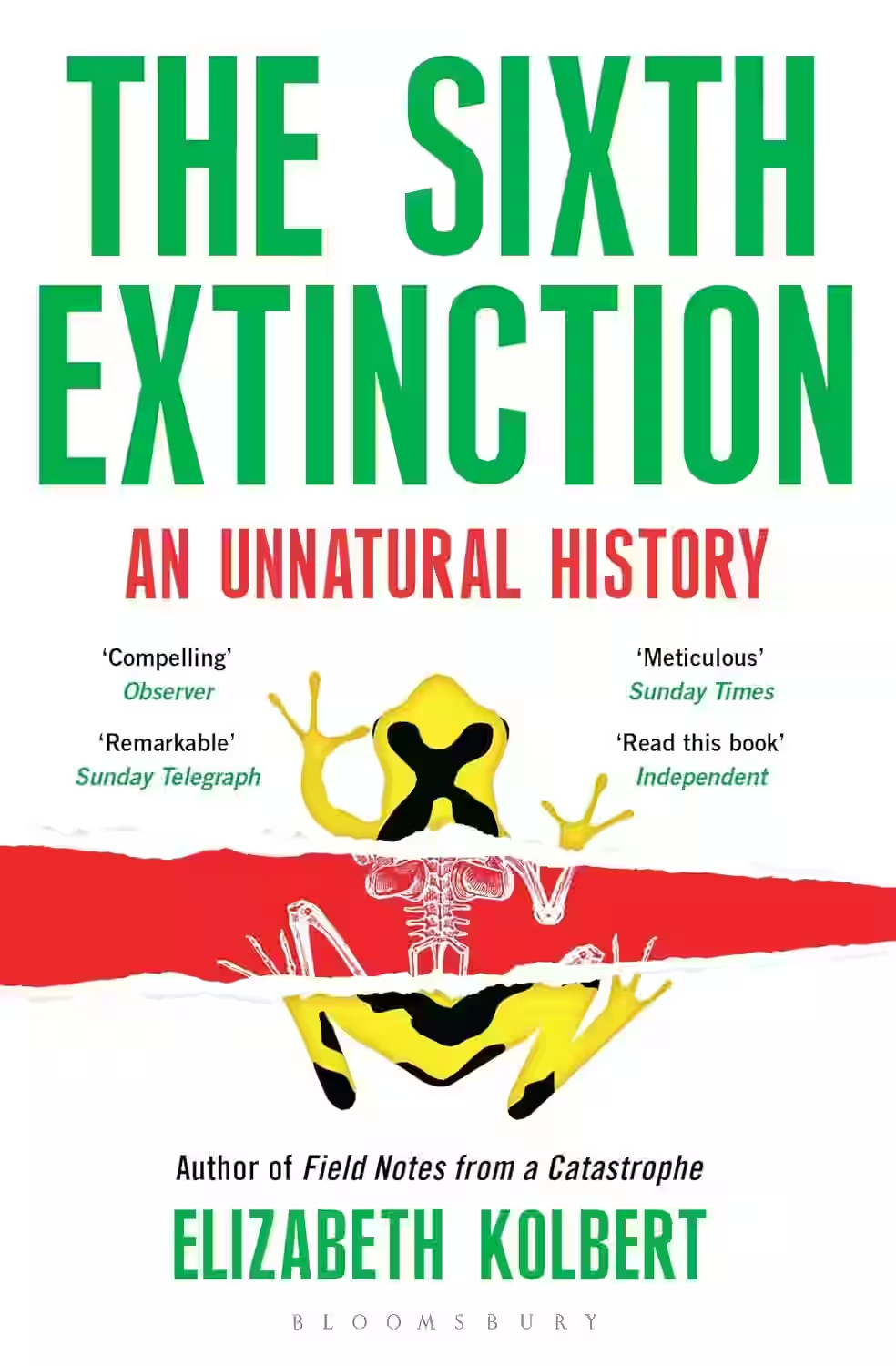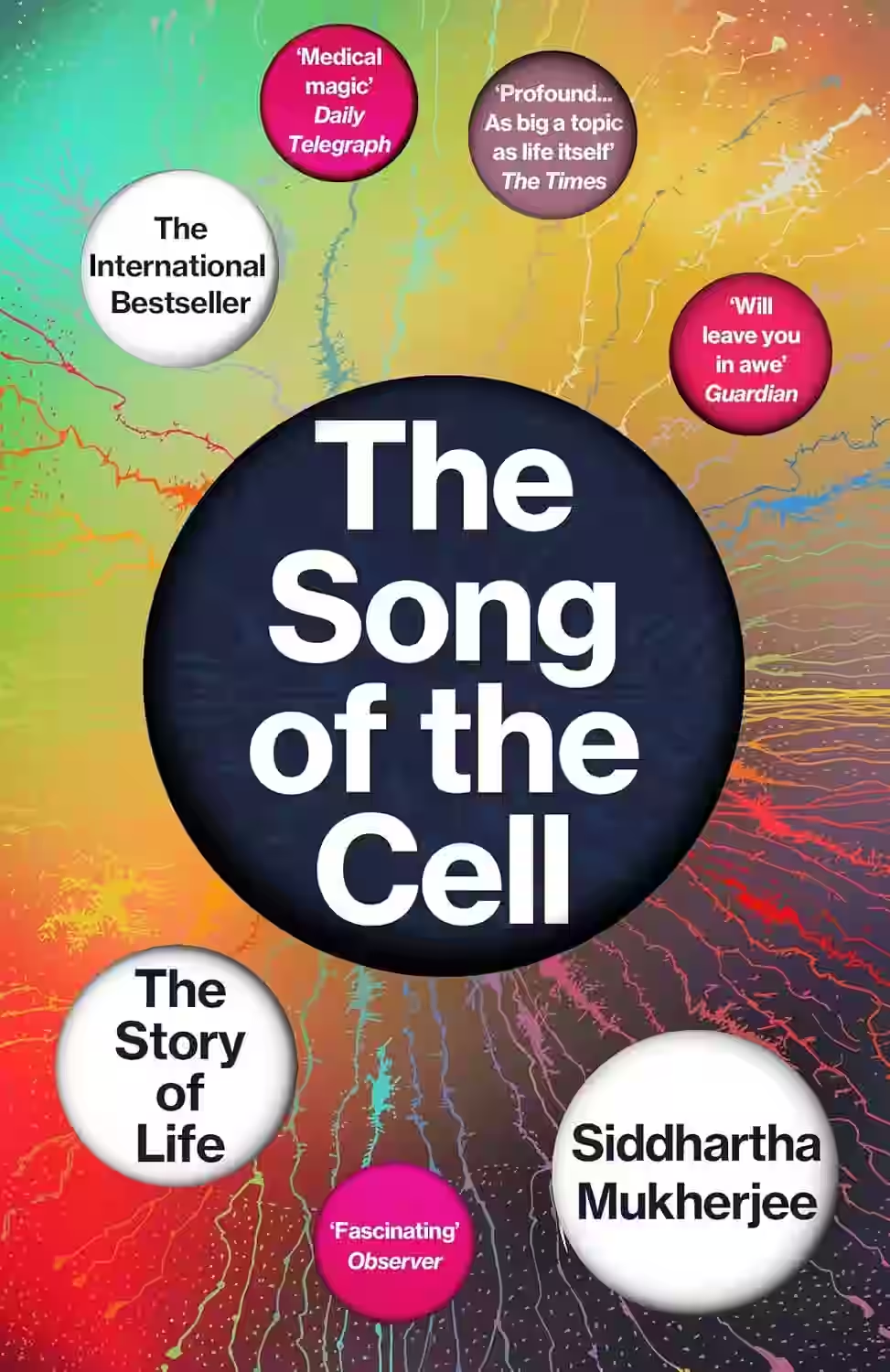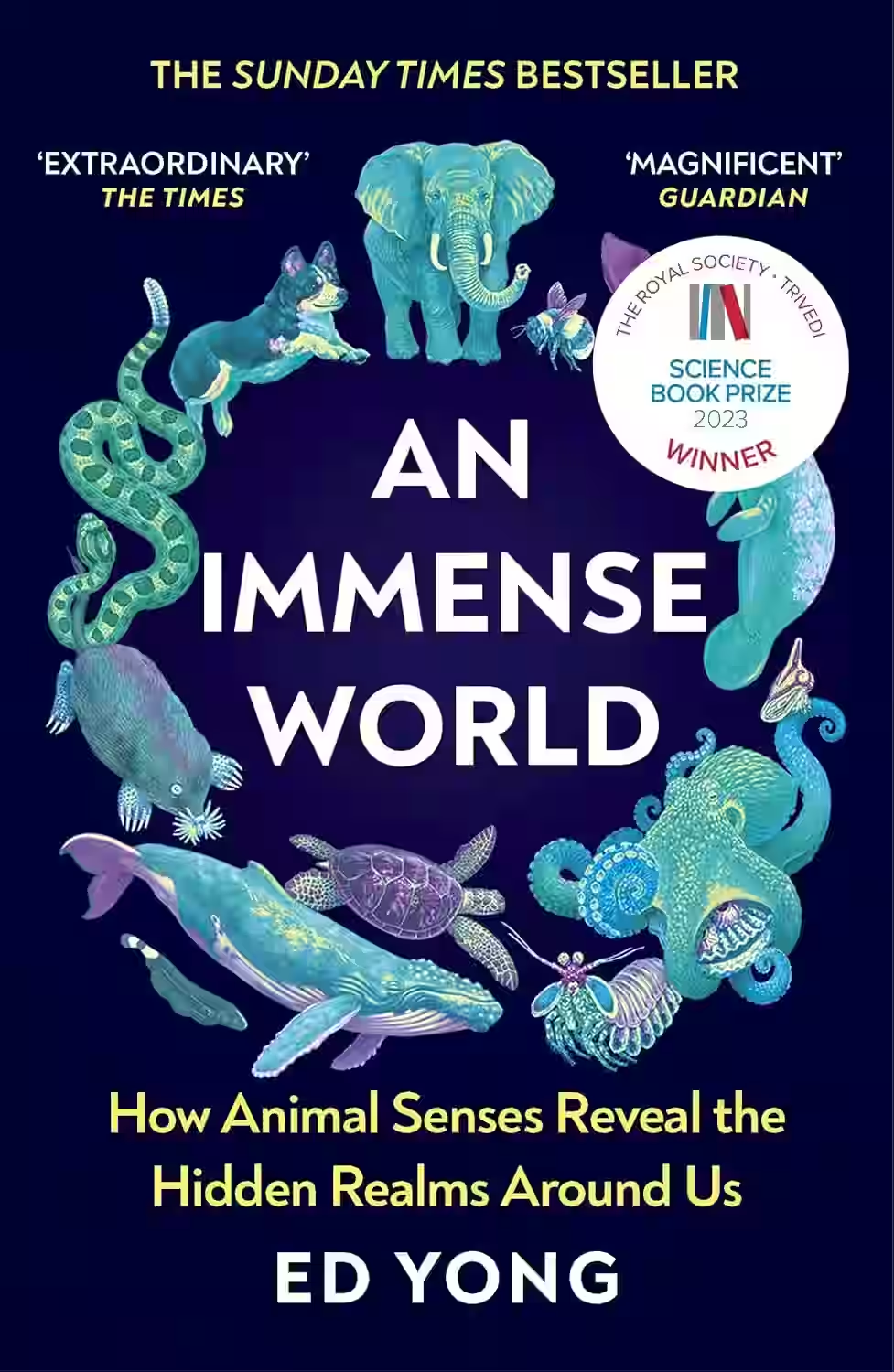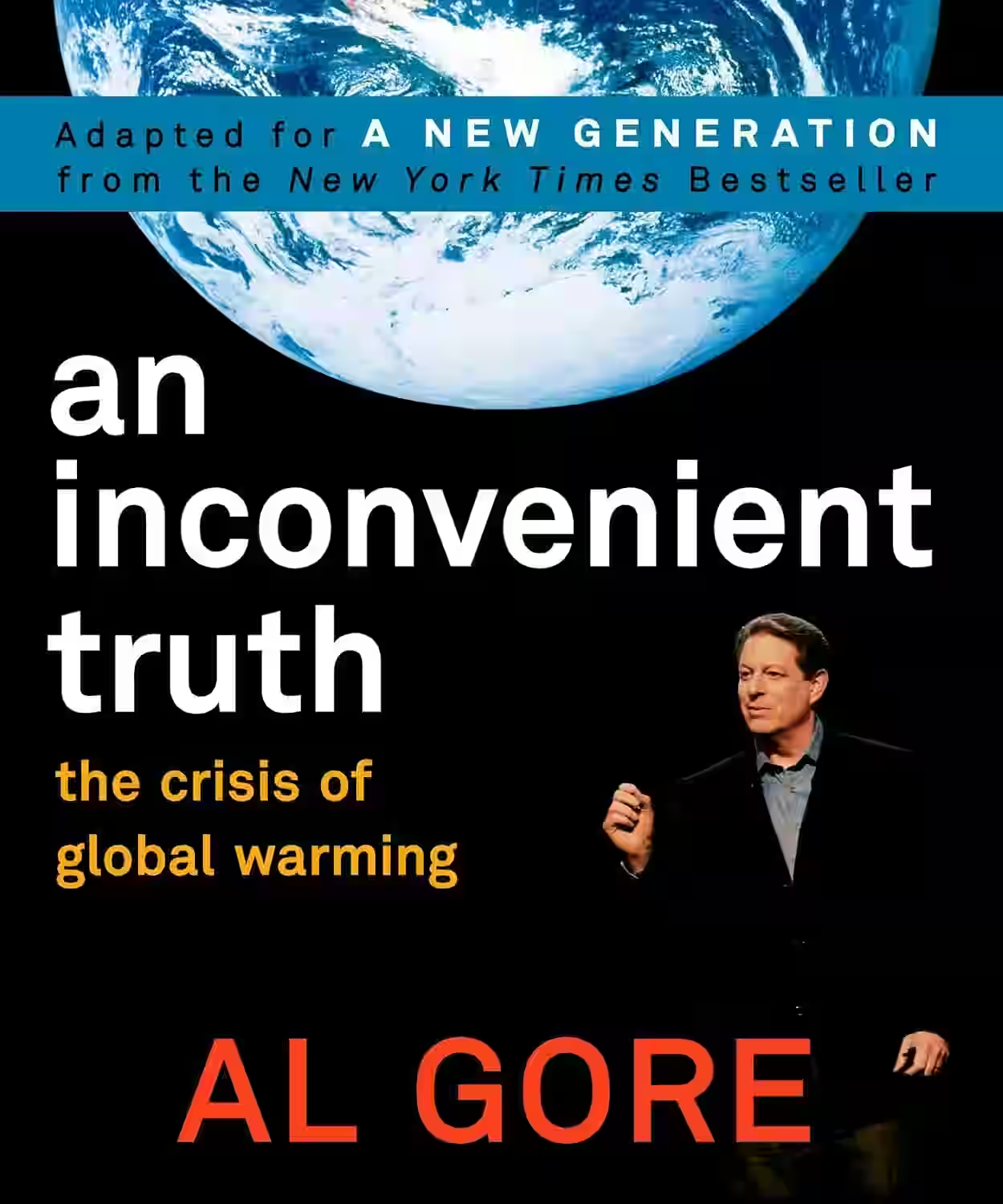
In The Sixth Extinction, Pulitzer Prize–winning journalist Elizabeth Kolbert investigates the ongoing mass extinction event caused by human activity. Blending field reporting, scientific research, and historical context, Kolbert explores how climate change, habitat destruction, and invasive species are rapidly altering the planet’s biodiversity. She travels the globe—from rainforests to coral reefs—to document species on the brink and speak with scientists studying the crisis. The book highlights how humans have become a geological force, accelerating extinction at an unprecedented rate. Sobering yet eloquent, The Sixth Extinction is a vital call to awareness about the fragility and interdependence of life on Earth.
About Elizabeth Kolbert
Elizabeth Kolbert is an American journalist and author renowned for her work on climate change and environmental science. A staff writer for The New Yorker, she won the Pulitzer Prize for The Sixth Extinction, a landmark book documenting the current mass extinction event driven by human activity. Her writing blends investigative journalism, field reporting, and scientific analysis to examine humanity’s impact on the planet. Kolbert also authored Field Notes from a Catastrophe and Under a White Sky, continuing her exploration of ecological crises and technological responses. She is known for her clarity, urgency, and compelling storytelling on critical global issues.
Similar Books

The Wide Wide Sea
Hampton Sides' The Wide Wide Sea provides an account of the final voyage of Captain James Cook, emphasizing the dramatic encounters and tragic events that defined this historical journey. Sides delves into the 18th-century world of maritime exploration, highlighting the complexities and significance of Cook's interactions with Indigenous populations. The narrative offers a detailed examination of imperial ambition, first contact, and the fateful consequences of exploration, shedding light on a pivotal moment in history with clarity and depth.

The Song of the Cell
In The Song of the Cell, Pulitzer Prize–winning author and oncologist Siddhartha Mukherjee takes readers on a fascinating journey into the world of cell biology. From the discovery of the cell to cutting-edge developments in regenerative medicine and immunotherapy, Mukherjee explains how our understanding of cells shapes the future of medicine. Blending science, history, and narrative, he makes complex topics accessible without sacrificing depth. The book is both a celebration of scientific discovery and a meditation on what it means to be alive. The Song of the Cell is essential reading for anyone interested in biology, medicine, or the future of health.

An Immense World: How Animal Senses Reveal the Hidden Realms Around Us
by Ed Yong
An Immense World: How Animal Senses Reveal the Hidden Realms Around Us by Ed Yong is a captivating exploration of the myriad ways animals perceive their environments. Yong introduces readers to the concept of the Umwelt, the unique sensory world each species inhabits. Through engaging narratives, he delves into extraordinary sensory abilities: turtles navigating via Earth's magnetic fields, beetles detecting fires from miles away, and scallops possessing dozens of eyes. Yong's vivid storytelling not only illuminates these hidden realms but also underscores the impact of human-induced sensory pollution on wildlife. Celebrated for its insightful prose, the book earned the 2023 Andrew Carnegie Medal for Excellence in Nonfiction and was named one of The New York Times' "10 Best Books of 2022" .

An Inconvenient Truth
by Al Gore
An Inconvenient Truth is Al Gore’s urgent and accessible plea for environmental action, based on his award-winning documentary of the same name. Using clear language, compelling visuals, and data-driven analysis, Gore explains the science and consequences of climate change. He addresses rising temperatures, melting ice caps, extreme weather, and the human behaviors driving global warming. The book combines science with personal conviction, urging readers to take responsibility for the planet’s future. It was a landmark moment in environmental awareness, sparking global dialogue and motivating individuals, communities, and governments to reconsider their impact on Earth.